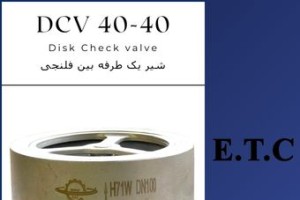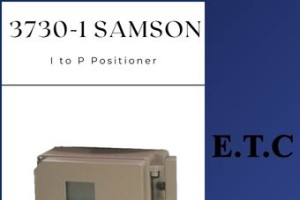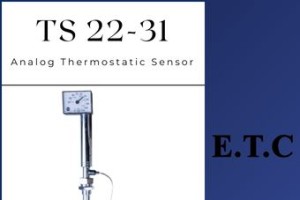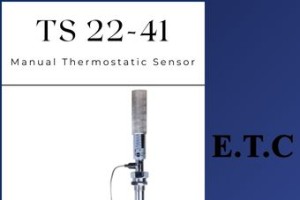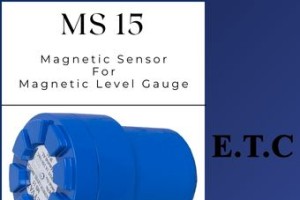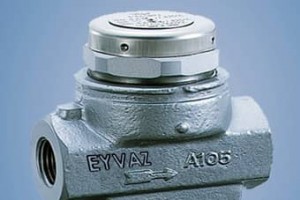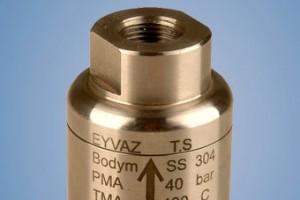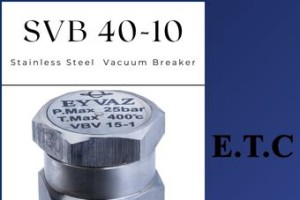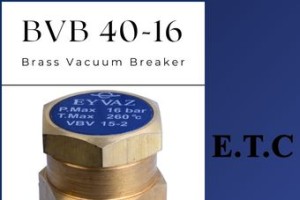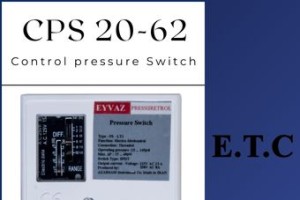
products
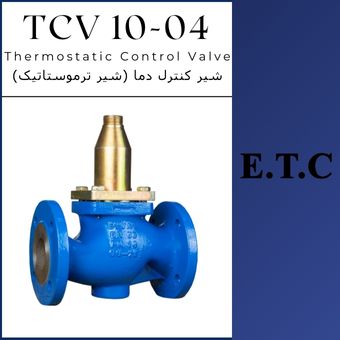
Product information
- Product Title : Self-Operated Temperature Controller or ( thermostatic control valve ) type TCV 10-04
- Production code : TCV 10-04
- Professional Name : Thermostatic control valve Type TCV 10-04
General information Self-Operated Temperature Controller or ( thermostatic control valve ) type TCV 10-04 Thermostatic control valve Type TCV 10-04
Self-Operated Temperature Controller ( thermostatic control valve ) type TCV 10-04 is a useful device to control temperature of pipeline and tanks in cooling and heating systems. Its sensor is adjustable from. -10℃ to150℃ or -50°F to 302°F. Size varies from DN15 to DN150 or 1/2" to 6". Nominal pressure covers PN16 and PN 40 or #150 and #300. Its maximum working temperature is 350℃ or 662°F and it is based on DIN or ANSI standards.
Function Self-Operated Temperature Controller or ( thermostatic control valve ) type TCV 10-04 Thermostatic control valve Type TCV 10-04
This valve is normally open and as the temperature increases, it gets closed gradually. This valve and its sensor works based on expansion principle of liquids. Its sensor should be placed inside the tank or in direction of the fluid. There is a kind of expandable oil inside the sensor. When temperature of fluid increases, it makes oil to expand and this changing of volume moves pin of operating element. This extra force affects seat and plug and changes the space between them, and discharge stays under control.
Installation Self-Operated Temperature Controller or ( thermostatic control valve ) type TCV 10-04 Thermostatic control valve Type TCV 10-04
This valve is just suitable to be installed in horizontal pipelines. Flow direction is marked on the valve. Valve cap and operating element should be upside down. Sensor can be placed in every possible direction. But get assure that it is totally placed inside the fluid. When choosing the sensor place, pay attention to these pointes, sensor should not get too much warm or there is not too much delay to get warm. Capillary tube must be installed in a place where it is safe from environment temperature fluctuations and it has to be far from trespass ways to be safe from physical damages. Minimum allowed curviness of capillary tube is 50 mm. The circuits of some typical applications of this valve are depicted in the following figures.
Download product Catalogue and installation tutorial Self-Operated Temperature Controller or ( thermostatic control valve ) type TCV 10-04 Thermostatic control valve Type TCV 10-04
Product Catalogue Self-Operated Temperature Controller or ( thermostatic control valve ) type TCV 10-04 Thermostatic control valve Type TCV 10-04 Manual installation - PDF Self-Operated Temperature Controller or ( thermostatic control valve ) type TCV 10-04 Thermostatic control valve Type TCV 10-04:
